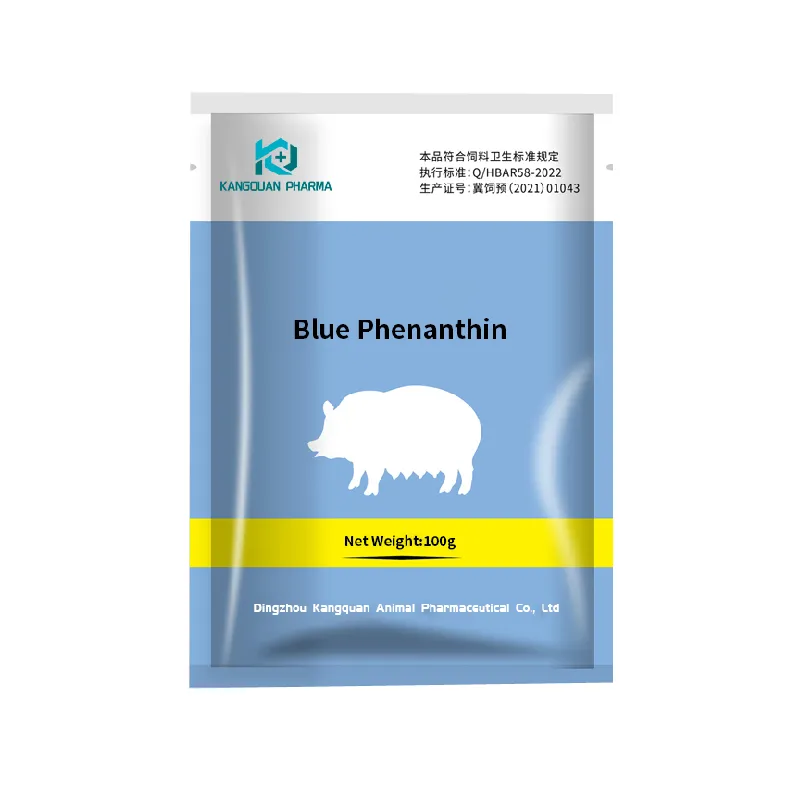- Afrikaans
- Albanian
- Amharic
- Arabic
- Armenian
- Azerbaijani
- Basque
- Belarusian
- Bengali
- Bosnian
- Bulgarian
- Catalan
- Cebuano
- Corsican
- Croatian
- Czech
- Danish
- Dutch
- English
- Esperanto
- Estonian
- Finnish
- French
- Frisian
- Galician
- Georgian
- German
- Greek
- Gujarati
- Haitian Creole
- hausa
- hawaiian
- Hebrew
- Hindi
- Miao
- Hungarian
- Icelandic
- igbo
- Indonesian
- irish
- Italian
- Japanese
- Javanese
- Kannada
- kazakh
- Khmer
- Rwandese
- Korean
- Kurdish
- Kyrgyz
- Lao
- Latin
- Latvian
- Lithuanian
- Luxembourgish
- Macedonian
- Malgashi
- Malay
- Malayalam
- Maltese
- Maori
- Marathi
- Mongolian
- Myanmar
- Nepali
- Norwegian
- Norwegian
- Occitan
- Pashto
- Persian
- Polish
- Portuguese
- Punjabi
- Romanian
- Russian
- Samoan
- Scottish Gaelic
- Serbian
- Sesotho
- Shona
- Sindhi
- Sinhala
- Slovak
- Slovenian
- Somali
- Spanish
- Sundanese
- Swahili
- Swedish
- Tagalog
- Tajik
- Tamil
- Tatar
- Telugu
- Thai
- Turkish
- Turkmen
- Ukrainian
- Urdu
- Uighur
- Uzbek
- Vietnamese
- Welsh
- Bantu
- Yiddish
- Yoruba
- Zulu
8 月 . 15, 2024 04:53 Back to list
Effective Veterinary Disinfectant Spray to Ensure a Safe and Clean Environment for Animals
The Importance of Veterinary Disinfectant Spray in Animal Care
In the realm of veterinary medicine, maintaining a clean and sanitized environment is paramount to ensuring the health and wellbeing of animals. Veterinary disinfectant sprays play a crucial role in preventing the spread of infections and diseases among pets, livestock, and even wildlife. This article delves into the importance of these disinfectants, their applications, and the best practices for effective use.
Understanding Veterinary Disinfectant Sprays
Veterinary disinfectant sprays are specialized cleaning agents designed to eliminate harmful pathogens, including bacteria, viruses, fungi, and parasites that can thrive in animal environments. These products are formulated to be effective against a wide range of microorganisms, ensuring that surfaces such as cages, kennels, floors, and equipment in veterinary clinics or farms remain contaminant-free.
The formulation of veterinary disinfectant sprays usually includes active ingredients like quaternary ammonium compounds, phenols, and hydrogen peroxide, which are capable of breaking down the cell walls of various pathogens. Choosing the right disinfectant is essential, as some are more effective against specific types of bacteria or viruses than others.
The Role in Infection Control
Infection control is a vital aspect of veterinary practice. Animals, much like humans, can be susceptible to infections, some of which can be zoonotic—transmissible to humans. Utilizing veterinary disinfectant spray significantly reduces the risk of outbreaks in veterinary clinics, shelters, and farms. Regular disinfection helps to ensure that any contaminated surfaces or equipment do not pose a risk to animal health.
For instance, in a veterinary clinic, disinfecting surfaces between exams can prevent cross-contamination between patients. In farm settings, regular application of disinfectants on stalls, feeding areas, and equipment can mitigate the risk of disease outbreaks that could affect an entire herd. In these environments, a consistent disinfecting routine is crucial for maintaining animal health and productivity.
veterinary disinfectant spray

Best Practices for Use
To maximize the effectiveness of veterinary disinfectant sprays, practitioners should follow certain best practices. First, it is vital to read and understand the manufacturer's instructions for each disinfectant. Different products may have varying contact times— the duration the surface must remain wet for the disinfectant to be effective.
Second, cleaning the surface before applying the disinfectant is critical. Disinfectants work best on clean surfaces, as dirt, organic matter, and debris can shield pathogens from the disinfectant’s active ingredients. Therefore, thorough cleaning should precede disinfection.
Additionally, operators should wear appropriate personal protective equipment (PPE) when using these sprays, as some disinfectants can be harmful to skin and respiratory health. Ensuring proper ventilation during the application process is also essential for safety.
Lastly, regular training for staff on proper disinfection techniques can enhance the overall effectiveness of infection control measures. Educating employees about the importance of sanitation and safety protocols can help create a culture of cleanliness in any animal care facility.
Conclusion
Veterinary disinfectant sprays are indispensable tools in safeguarding animal health. By understanding their importance, selecting the right products, and adhering to best practices, veterinary professionals can create a safer environment for both animals and humans. With veterinary medicine continually advancing, the commitment to effective disinfection must remain a top priority for all who care for animals. The indispensable role of these sprays can lead to healthier animals, prevention of disease outbreaks, and ultimately, a significant improvement in public health overall.
-
The Power of Radix Isatidis Extract for Your Health and Wellness
NewsOct.29,2024
-
Neomycin Sulfate Soluble Powder: A Versatile Solution for Pet Health
NewsOct.29,2024
-
Lincomycin Hydrochloride Soluble Powder – The Essential Solution
NewsOct.29,2024
-
Garamycin Gentamicin Sulfate for Effective Infection Control
NewsOct.29,2024
-
Doxycycline Hyclate Soluble Powder: Your Antibiotic Needs
NewsOct.29,2024
-
Tilmicosin Premix: The Ultimate Solution for Poultry Health
NewsOct.29,2024













